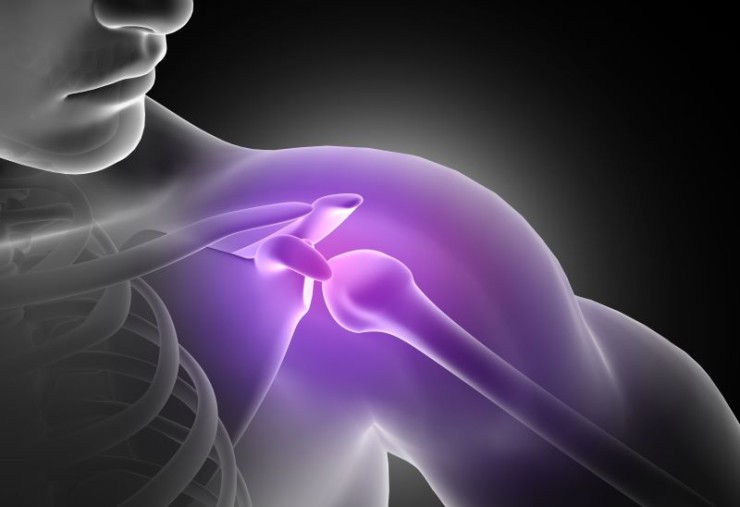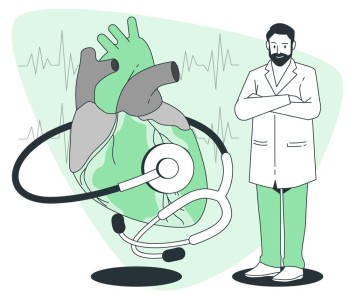
Shoulder MRI utilizes powerful magnets and radio waves to create detailed images of the structures within the shoulder.
MRI Shoulder Scan with Cost
MRI Scan of the Shoulder in Detail
Introduction
In the realm of diagnostic imaging, MRI scans play a pivotal role in providing detailed insights into various parts of the body. This article focuses on the MRI scan of the shoulder, shedding light on its significance, the underlying technology, and what individuals can expect during the procedure.
How does Shoulder MRI work?
Magnetic Resonance Imaging Basics
Shoulder MRI utilizes powerful magnets and radio waves to create detailed images of the structures within the shoulder. This non-invasive imaging technique is particularly effective in visualizing soft tissues like muscles, tendons, and ligaments.
Detailed Process of
Scanning the Shoulder
During a shoulder MRI, the patient lies on a table that slides into the MRI machine. The machine generates magnetic fields, causing hydrogen atoms in the body's tissues to emit signals. These signals are then transformed into highly detailed cross-sectional images of the shoulder.
Indications for a Shoulder MRI
Common Medical Conditions Requiring a Shoulder MRI
Shoulder MRIs are often recommended to diagnose various shoulder-related issues. This includes conditions such as rotator cuff injuries, labral tears, arthritis, and abnormalities in the joint's bony structures.
Doctor's Recommendations
Healthcare providers may suggest a shoulder MRI based on symptoms like persistent shoulder pain, limited range of motion, or instability. It serves as a valuable tool for a comprehensive assessment of the shoulder joint.
Preparing for a Shoulder MRI
Clothing and Accessories
Patients undergoing a shoulder MRI are advised to wear comfortable clothing without metal components. It's crucial to remove any jewelry or accessories that might interfere with the magnetic field.
Informing the Medical
Team About Medical History
Communication with the medical team is essential, especially regarding any pre-existing conditions, allergies, or implanted devices. This information ensures a safe and effective imaging process.
What to Expect During a Shoulder MRI
Duration of the Scan
A shoulder MRI typically takes around 30 to 45 minutes, although the duration may vary depending on the specific imaging requirements. Patients are required to remain still during the scan to obtain clear and accurate images.
Patient's Role During
the Procedure
Patients play an active role by following the technologist's instructions, which may include holding the breath and staying motionless. Cooperation is crucial for optimal imaging results.
Benefits of Shoulder MRI
High-Resolution Imaging
One of the primary advantages of a shoulder MRI is its ability to provide high-resolution images. This level of detail is crucial for accurately identifying and assessing abnormalities within the shoulder joint.
Detection of Soft Tissue Injuries
Shoulder MRIs excel in detecting injuries to soft tissues such as the rotator cuff and labrum. This is essential for developing precise treatment plans tailored to the specific condition.
Risks and Limitations
Contrast Agents and Allergies
In some cases, a contrast agent may be used during a shoulder MRI to enhance the visibility of certain structures. Patients with known allergies to contrast agents should inform their healthcare providers.
Claustrophobia Concerns
Individuals prone to claustrophobia may find the confined space of the MRI machine challenging. Open MRI machines or relaxation techniques may be considered as alternatives.
Interpreting the Results
Involvement of Radiologists
Radiologists interpret the acquired images and provide detailed reports to the referring physicians. These reports guide healthcare professionals in making informed decisions about patient care and treatment.
Follow-Up Consultations
Following a shoulder MRI, patients may have follow-up consultations with their healthcare providers to discuss the results and determine the appropriate course of action.
Cost Considerations
Insurance Coverage
The cost of a shoulder MRI can vary, and insurance coverage plays a significant role in determining out-of-pocket expenses. Patients are encouraged to check with their insurance providers to understand the extent of coverage.
Out-of-Pocket Expenses
For
patients without insurance coverage or with high deductibles, discussing
payment plans or exploring financial assistance options with the healthcare facility is recommended.
Alternative Diagnostic Methods
X-rays and CT Scans
While shoulder MRIs provide detailed soft tissue imaging, X-rays and CT scans are alternative diagnostic methods that focus on bone structures. Each method has its strengths and limitations, and the choice depends on specific diagnostic requirements.
Limitations and Differences
X-rays and CT scans offer a quick overview of bony structures, while shoulder MRIs excel in visualizing soft tissues. Understanding these differences ensures the selection of the most appropriate diagnostic tool.
Conclusion
A shoulder MRI stands as a valuable diagnostic tool, offering a detailed look into the complex structures of the shoulder joint. Whether identifying soft tissue injuries or evaluating bony abnormalities, this imaging modality plays a crucial role in guiding effective treatment strategies.
FAQs...
Is a shoulder MRI painful?
No, a
shoulder MRI is generally a painless procedure. Some patients may experience
discomfort from remaining still during the scan.
How long does a shoulder MRI take?
The duration of a
shoulder MRI typically ranges from 30 to 45 minutes.
Are there any age restrictions for a shoulder MRI?
Shoulder
MRIs can be performed on individuals of all ages.
Can a shoulder MRI detect arthritis?
Yes, a
shoulder MRI is effective in detecting signs of arthritis within the shoulder
joint.
What happens if I move during the shoulder MRI scan?
Movement during the shoulder MRI scan can affect the quality of images. It is crucial to follow the technologist's instructions to remain still.
(0)
Login to continue



